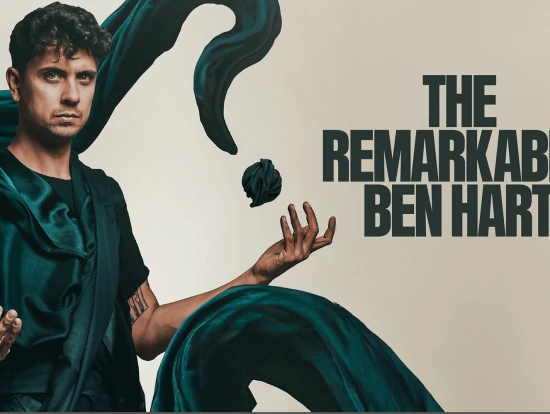News
WW1 art commissions go on display at the Hatton Gallery.

Two new artworks created in response to the WW1 exhibition Screaming Steel: Art, War and Trauma 1914-1918 have gone on show at Newcastle University’s Hatton Gallery.
‘Stanza,’ a sculpture by Sarah Dunn and ‘Field Service Card,’ an audio/visual installation by Tara Bergin and Alan Turnbull, were commissioned by Newcastle University’s Institute for Creative Art Practice.
The Screaming Steel exhibition, which opened in September, explores creative responses to the horror of warfare through writings and artworks by eminent figures such as Wilfred Owen, Siegfried Sassoon and Paul Nash.
Now it has inspired its own creative responses in these two commissions which sit in the gallery alongside historical works.
Professor Eric Cross, Dean of Cultural Affairs and Director of the Institute for Creative Arts Practice at Newcastle University, said:
“These two new works demonstrate that modern, contemporary artists are still finding meaningful ways to respond to the starkness and horror of World War One.
“By combining this with their reaction to the other artworks on show, the artists are bringing artistic expression of the war right up to the present day, and I’m proud that the Institute has been able to provide support in this way.”
Tyne & Wear Archives & Museums Assistant Keeper of Art Marleen Vincenten said:
“It’s fitting that these works have been created in direct artistic response to an exhibition which explores the idea of art as reaction, especially in this centenary year.
“We’re grateful to the artists and the Institute who have helped foster a lasting legacy of this important exhibition.”
The new works inspire audiences to re-examine their understanding of the impact of psychological trauma – a phenomenon that came to be known as shellshock - on those involved in the First World War.
Dunn’s timber sculpture ‘Stanza’ takes inspiration from the poetry and war diaries of Edward Thomas (1878-1917). The piece – resembling an ammunition shell clad in tar paper and poppy seeds – explores notions of regeneration and hope in the midst of catastrophic destruction.
Turnbull’s film ‘Field Service Card’ uses stark imagery and a deliberately degraded soundtrack to explore the gap between experience and memory. A reading of Tara Bergin’s poem ‘Field Service Card, 1914’ is at the heart of the film, recorded using primitive microphones.
Field Service Postcards were a serviceman’s only way of answering correspondence received during the First World War. The cards worked in a ‘delete-as-appropriate’ manner and are now notorious for the absolute censorship they imposed.
Screaming Steel is on show at the Hatton Gallery, Newcastle until Saturday 13 December 2014. Please visit www.worlife.org.uk for a full programme of First World War centenary exhibitions and events.



